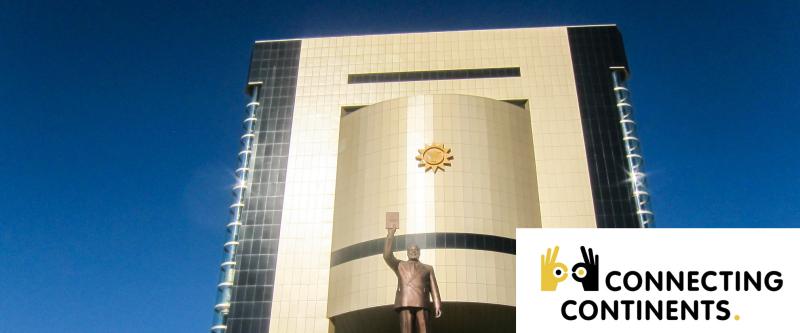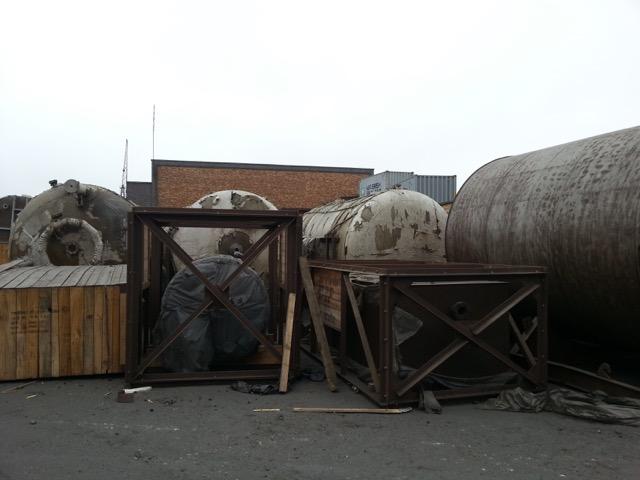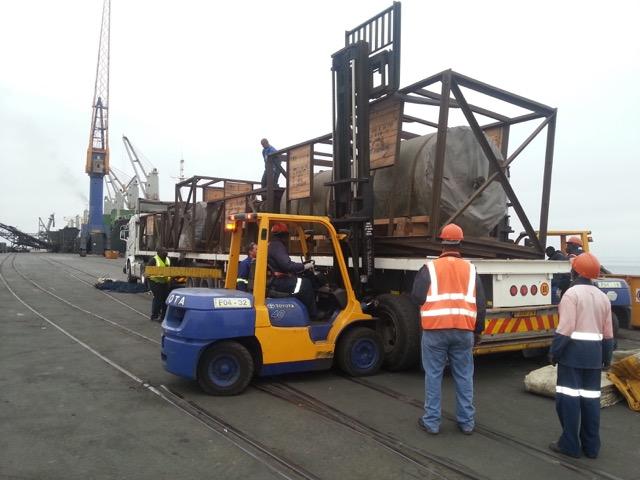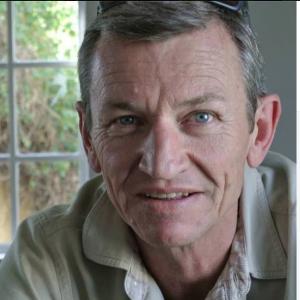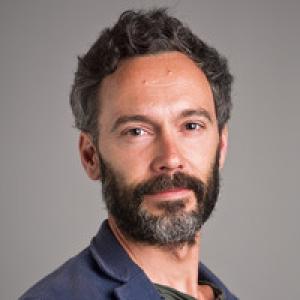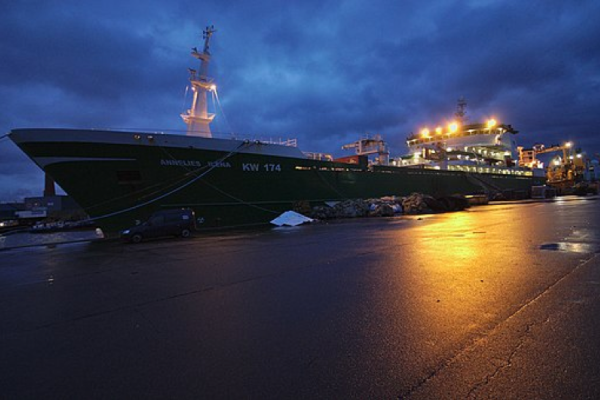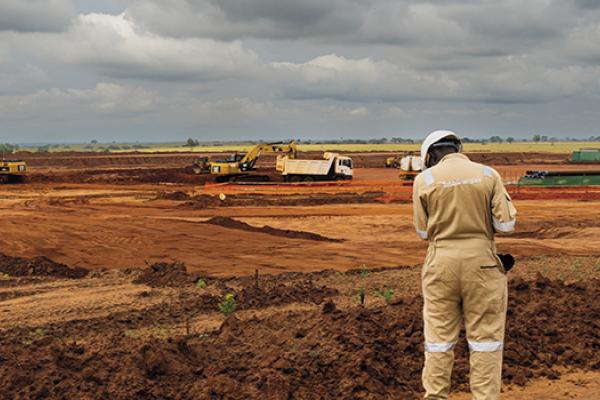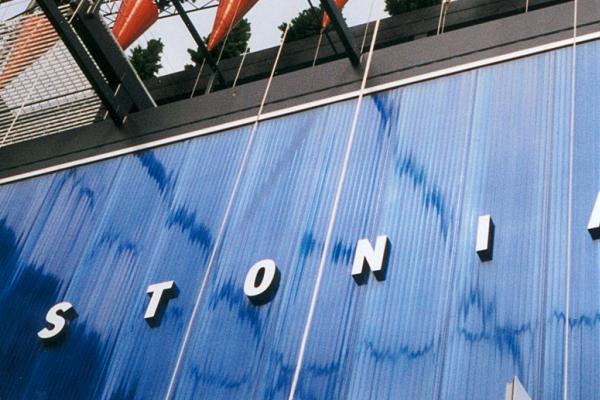The issue of political party financing has never been more critical to the public interest than in the wake of the Panama Papers. This is particularly true of Africa's dominant political parties that form 'governments for life' - such as the MPLA in resource-rich Angola, SWAPO in Namibia, the BDP in Botswana and ZANU in Zimbabwe.
Here, the political landscape is characterised by secrecy around political party investors, corruption, large illicit financial flows and formal economies dominated by large corporations, often linked to 'joint ventures' (JVs) with governments. And while in theory these countries are described as having systems of electoral democracy, in practice this simply means the opportunity to vote - or not - for the dominant party, which is going to win anyway, with little or no opportunity to change policies on water, waste, resources, infrastructure or energy.
What is the value of democracy, accountability and constitutional rights in a system where unknown investors - or buyers - can buy or influence how the country is run and by whom? More importantly, what is the internal funding and financial structure of dominant political parties and regimes, which research shows appear to operate as multinational corporations, often using legal and financial opacity, including secrecy jurisdictions? To what extent do these political parties act as stable business partners for corporations, increasing secrecy with JVs, rather than as elected representatives of citizens? To what extent did dominant political parties, formerly freedom fighting movements, cut their teeth in the 'offshore' during the struggle against colonialism? How does this differ, if at all, from authoritarian and corrupt regimes such as Sudan?
Drawing on past and ongoing investigations to unravel the systemic functions of these structures, the African Network of Centers for Investigative Reporting (ANCIR) has produced a series of individual case studies and investigative analyses that extend to intermediaries and structural gaps in the global financial architecture. What emerges is a high-stakes game closely linked to the loss of illicit revenues from Africa, estimated at $150 billion annually. The series is co-funded by the World Wide Web Foundation.
Photo Independence Memorial © jbdodane
